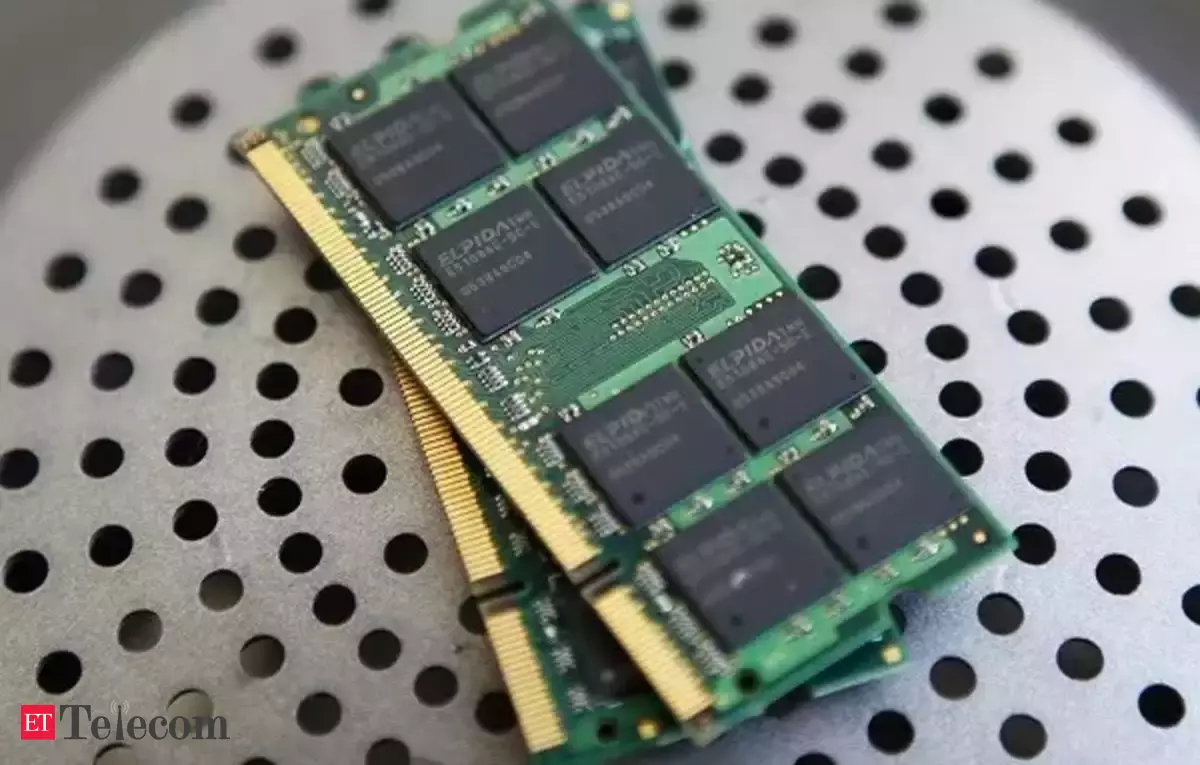The Biden administration announced that it would give $35 million to BAE Systems, a military contractor, to boost production at a factory in New Hampshire. This factory manufactures computer chips for military aircraft, including F-15 and F-35 jets. The allocation of funds is part of the bipartisan CHIPS and Science Act, which aims to strengthen the development and manufacturing of semiconductors in the United States. By choosing a military contractor over a traditional chip manufacturer, the administration highlights the law’s national security focus, as advanced chips play a crucial role in modern weapons systems. President Biden signed this legislation in August 2022, driven by concerns that a military conflict involving Taiwan could disrupt the global supply of computer chips and have severe economic consequences for the US. The investment in domestic semiconductor manufacturing is seen as an opportunity to bolster national and economic security, reducing reliance on a single country or region. The COVID-19 pandemic exposed the vulnerability of computer chip supply chains, leading to shortages and price increases. The incentives provided by the Biden administration have already attracted significant investment in semiconductors and electronics, exceeding $230 billion. President Biden has visited semiconductor manufacturing facilities in Ohio, Arizona, and New York, using these commitments as part of his message to voters ahead of the 2024 elections, emphasizing the positive impact of his policies on the US economy. The investment in BAE Systems’ facility is expected to result in cost savings for taxpayers. As production capacity quadruples and chip manufacturing expenses decrease, the price of the chips will be halved, benefiting federal agencies purchasing them. Additionally, the increased capacity will also benefit NATO allies and Asian partners, ensuring a more secure supply chain for critical national security needs.
US Administration Grants $35 Million to BAE Systems for Boosting National Security Chip Production

